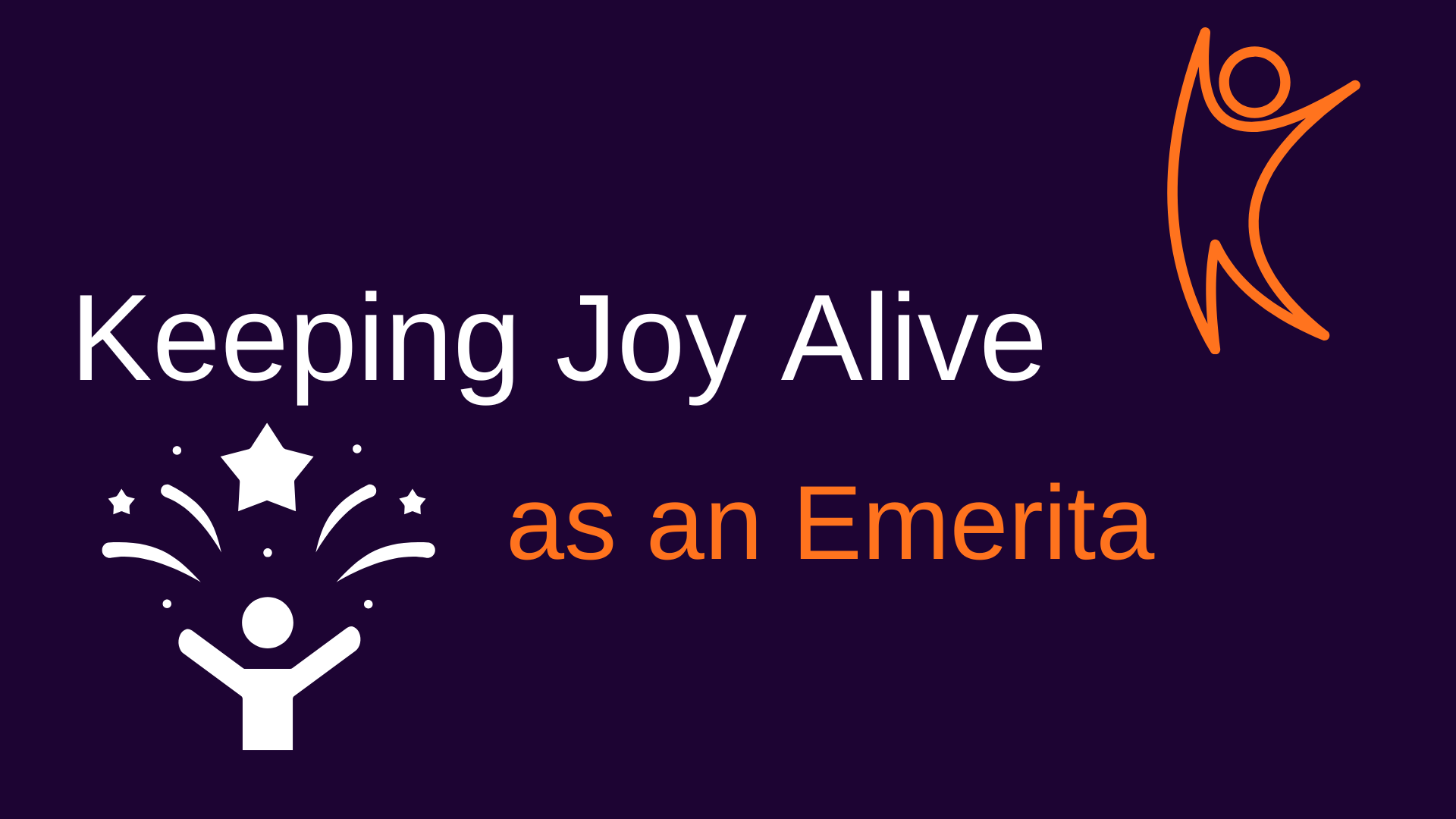As you may have seen, after recruiting for dozens of positions at other organizations, we at New Working Majority posted our own listing for a Recruitment Director a few months ago. This was the first position we had hired for in two and a half years, and it was a brand new position we were creating. We had a long and detailed internal discussion about exactly what we wanted this position to be, who we were looking for, and what kinds of contracts we wanted them to take on.
As you may have also seen very recently, we did make a hire from that search, and now have a new member of our team, Matthew Braunginn. But his job title is Senior Consultant, not Recruitment Director, and he’ll be working on multiple kinds of contracts rather than just recruitment, so how did that happen?
Well essentially, we realized we couldn’t find the person we had set out to. Initially, we wanted to hire someone who could come in and in a few weeks, take over running our recruitment program and contracts. But during the hiring process, we found that in order to have the quantity of hiring experience we needed this person to have to be our Recruitment Director, they’d have to have 20-30 years of experience in the movement, and we didn’t want to hire someone that experienced (and couldn’t afford to). So we shifted. Also during the hiring process, we found Matthew (actually from our resume bank!), really liked him, and wanted to hire him. But he wasn’t right for the Recruitment Director position, so instead of continuing to look for a candidate we weren’t sure existed and lose out on this candidate we really liked, we decided to change the position to fit him better.
While this is kind of an extreme example, a good chunk of our clients realize that they need something different out of the position or a candidate during the hiring process. And that’s totally normal! Sometimes you realize you can’t find the candidate you originally thought you needed or that even though you have candidates who fill the requirements you were originally looking for, they won’t be able to do the job for a reason you hadn’t anticipated. This can be something simple, like you realized that this person actually needs to speak a second language even though you had initially thought they wouldn’t (something that’s actually happened to a client of ours). Or it could be something more complex, like someone needing coalition management experience when you thought they wouldn’t, or you recently had some staff changes that redirect your immediate needs. But this doesn’t mean you failed in your hiring process!
When this happens, you should take a step back and reevaluate your needs and the qualifications for this position. I always recommend finishing out with any candidates already in the pipeline and then pausing the hiring process until you’ve fully fleshed everything out, adjusting the job listing and hiring process accordingly, and then getting started again.
No matter what, it’s always better to slow down and make the right hire than realize you made the wrong decision later on based on something outside of the candidate’s control.







.svg)